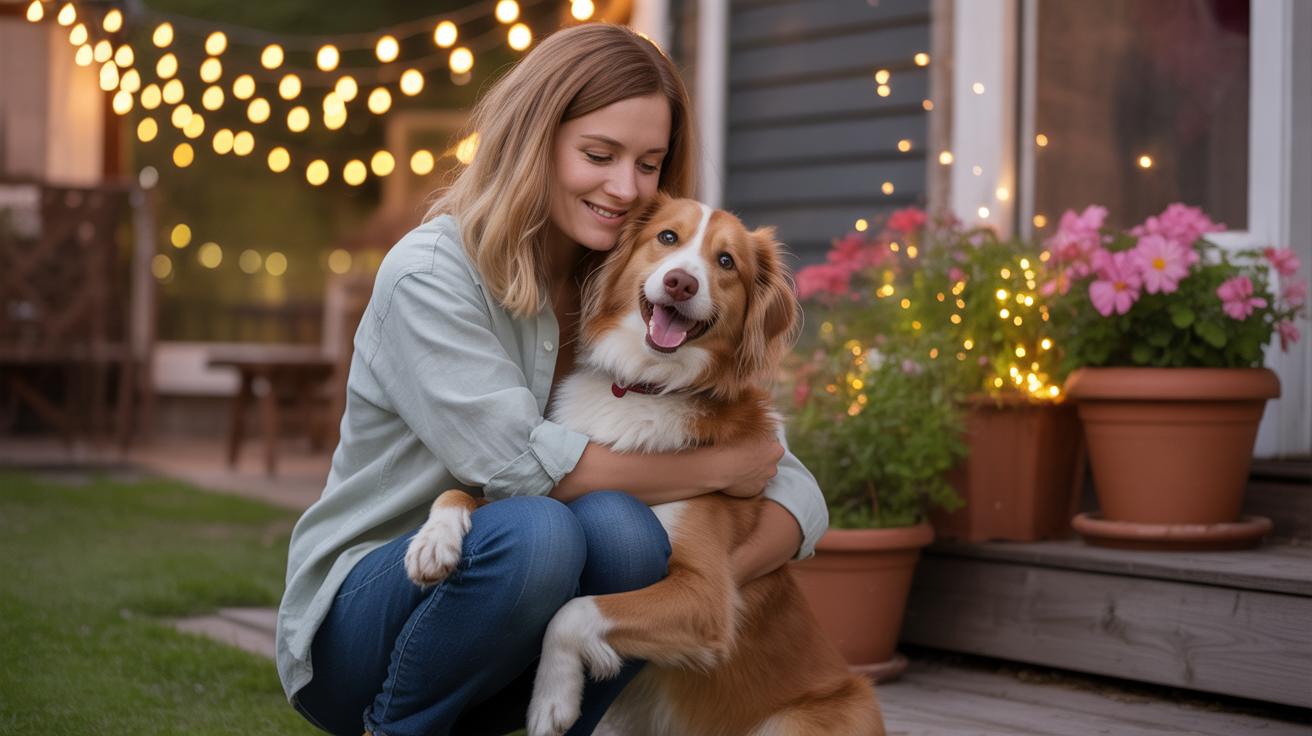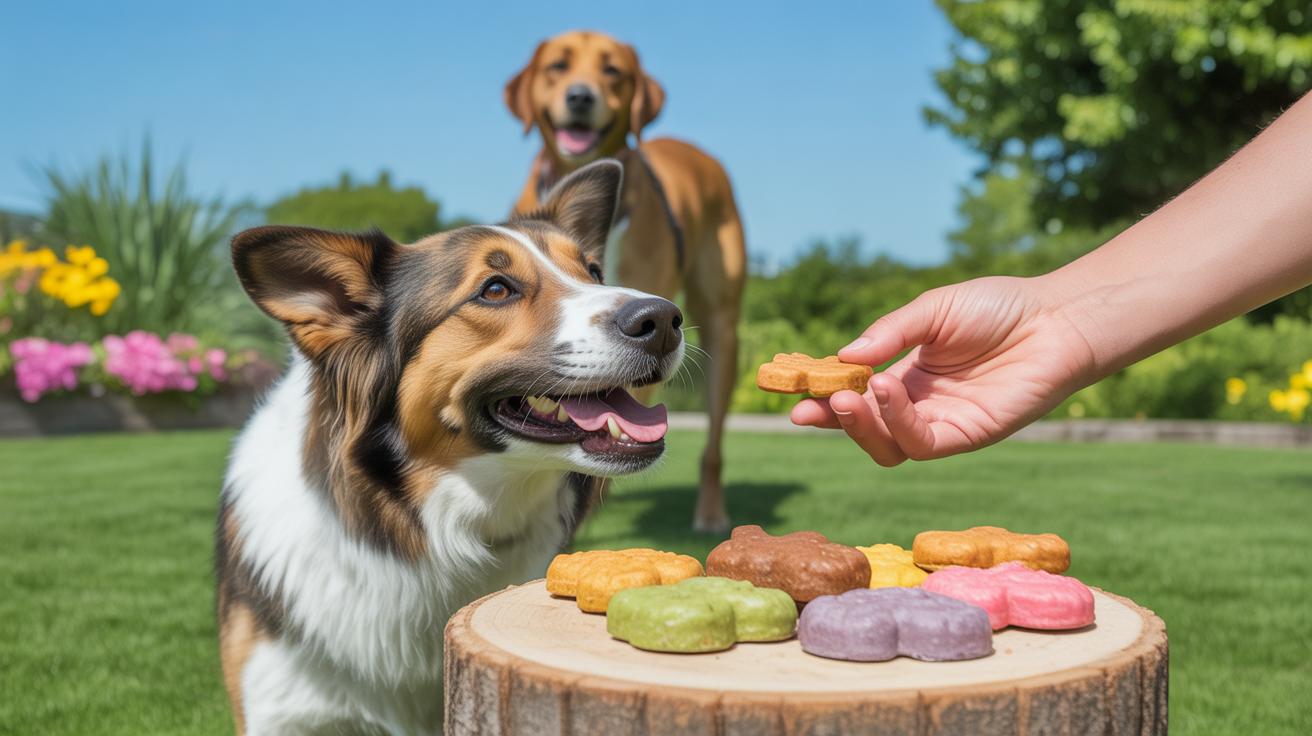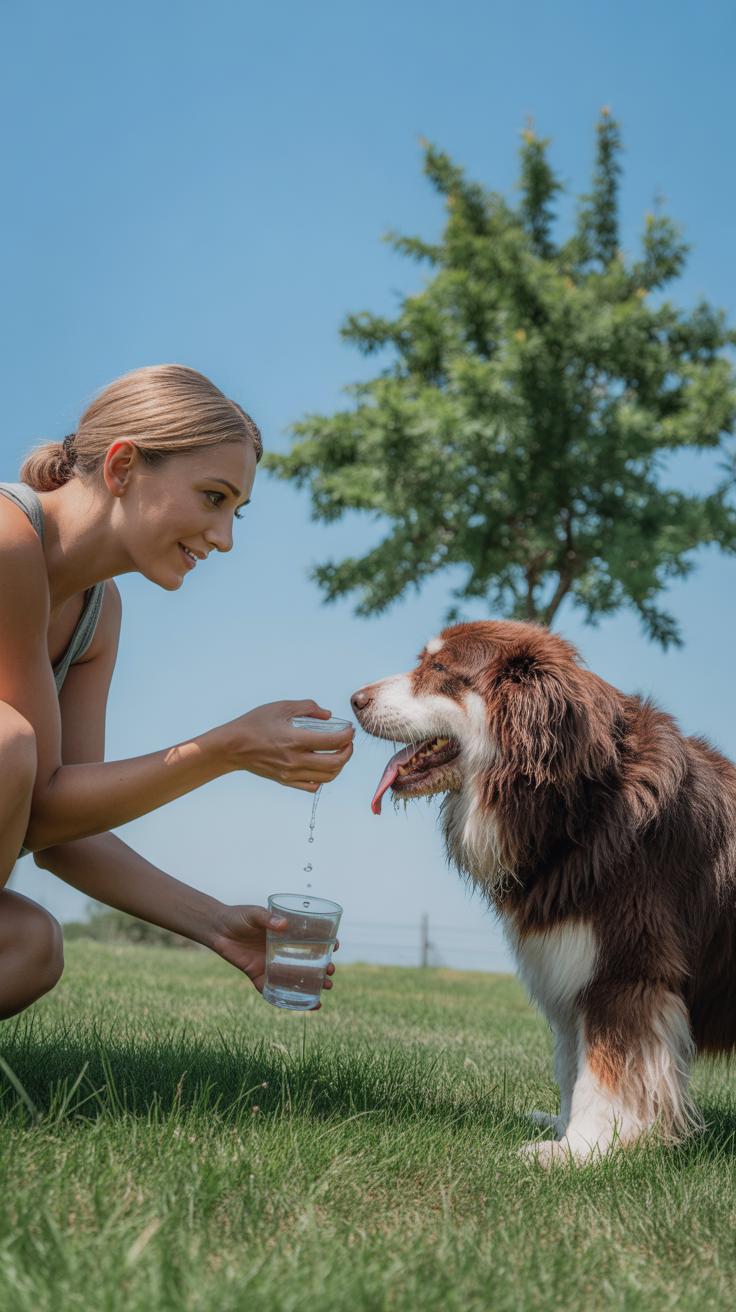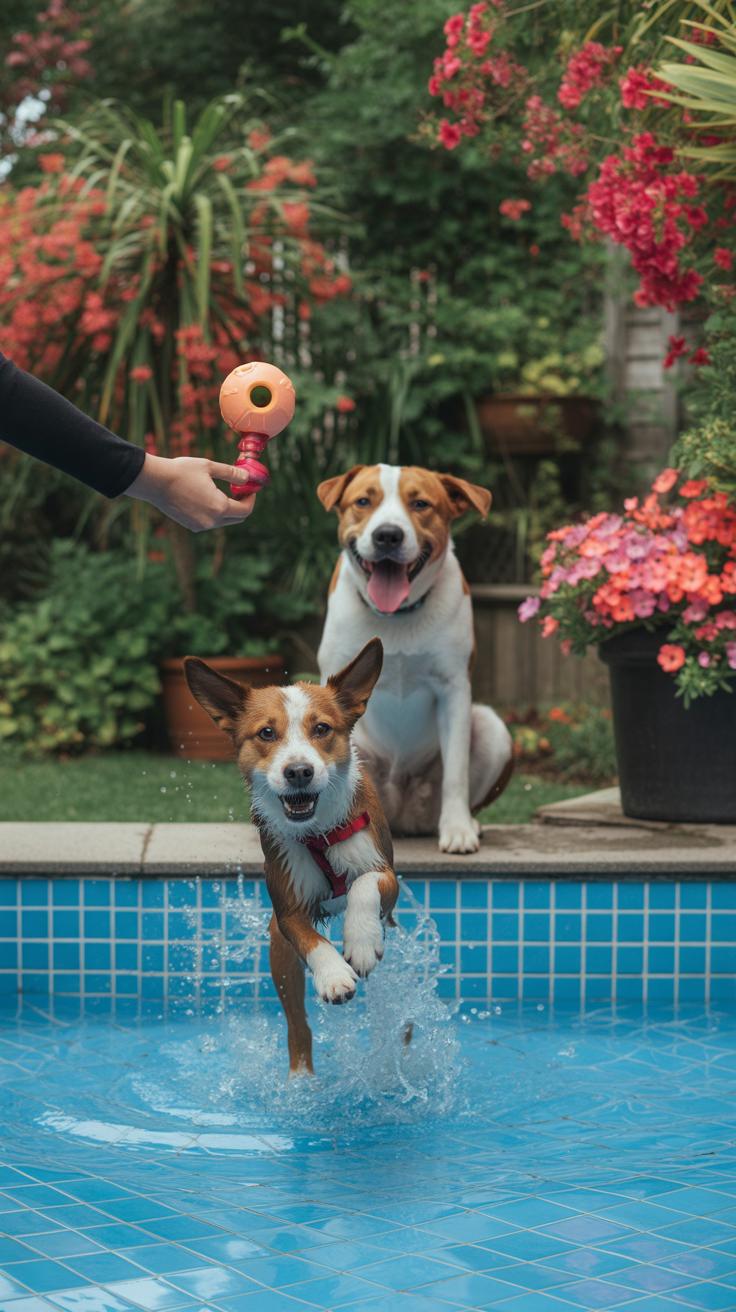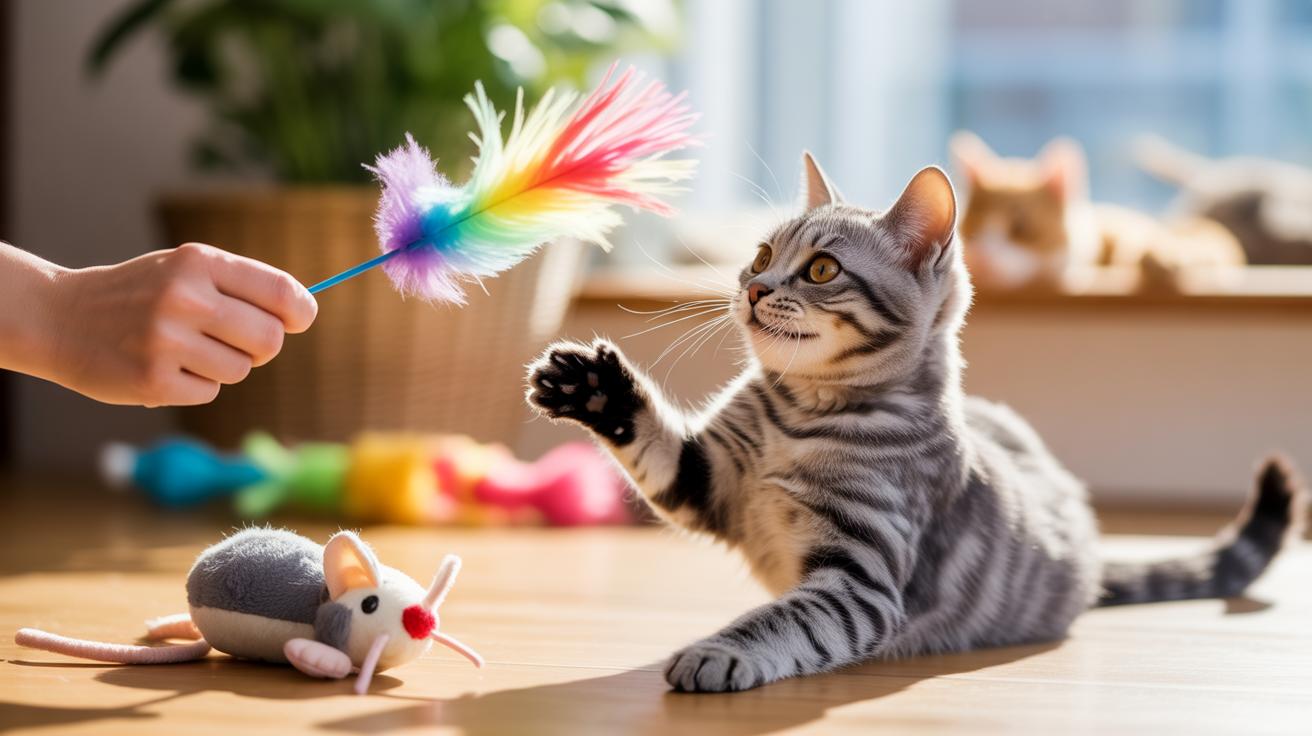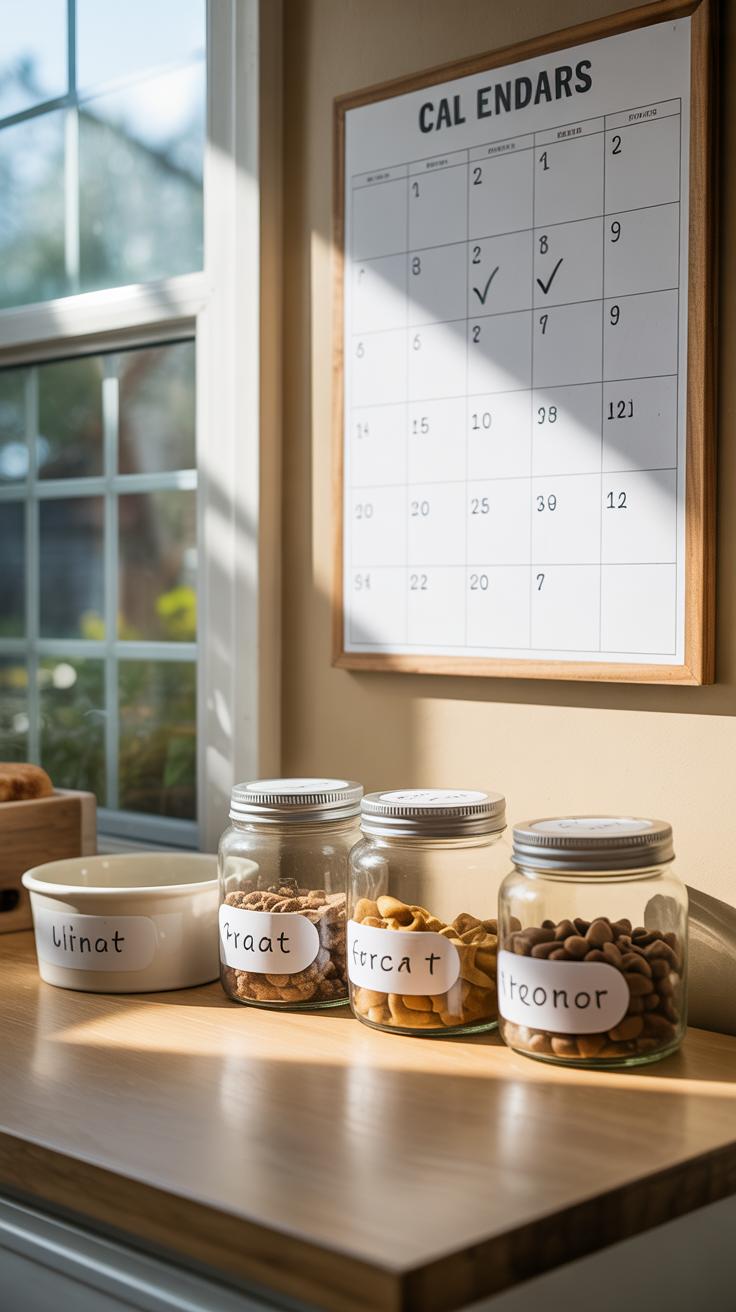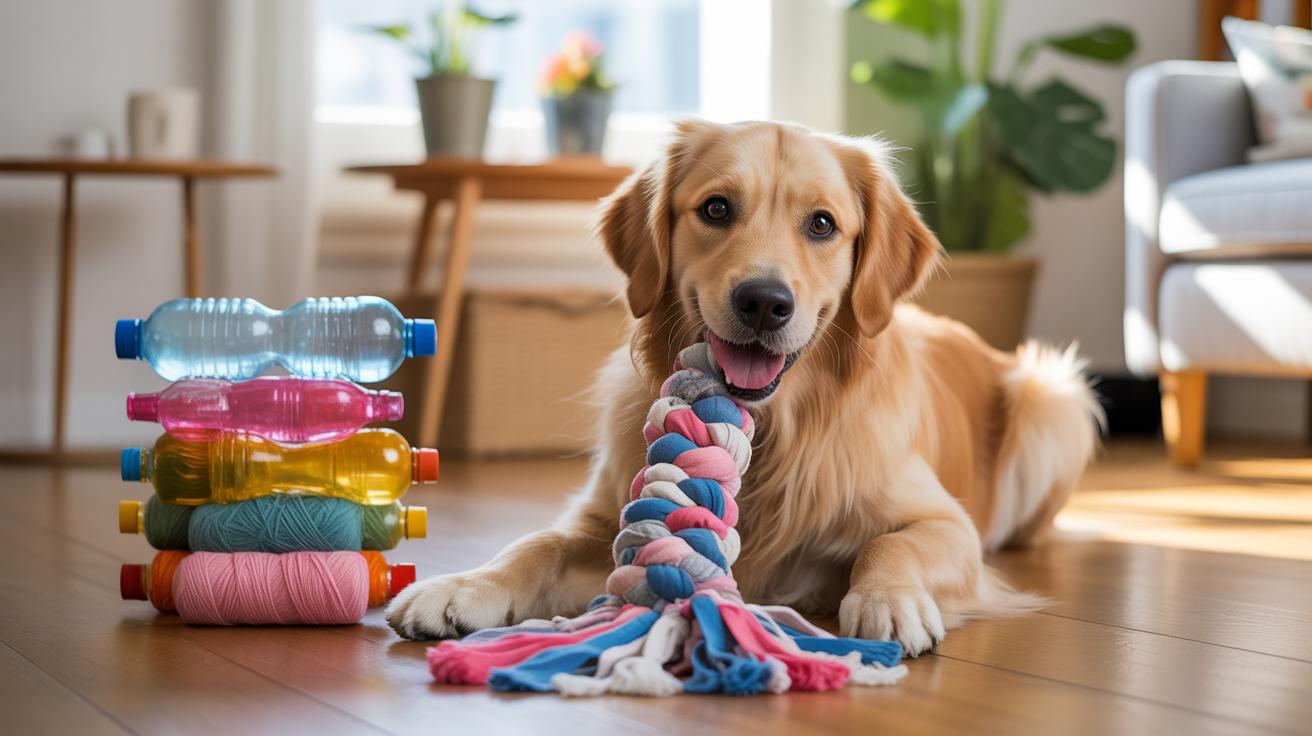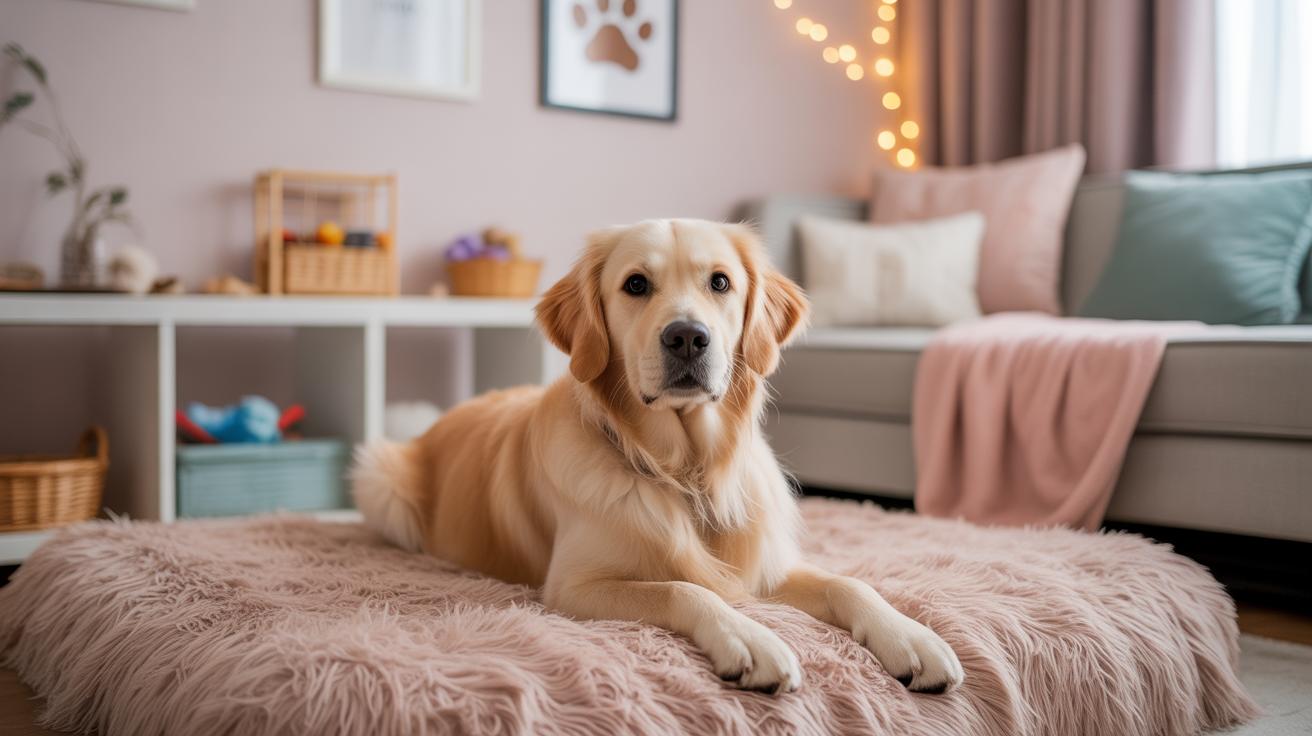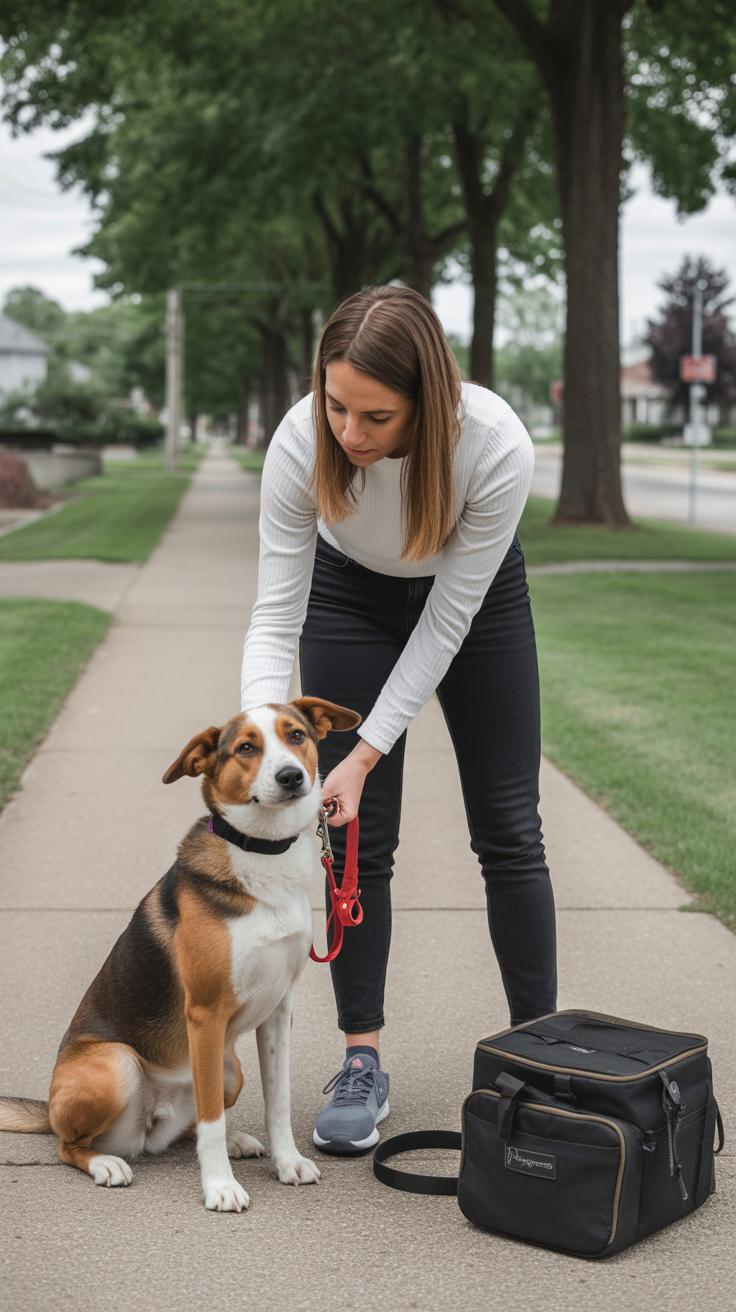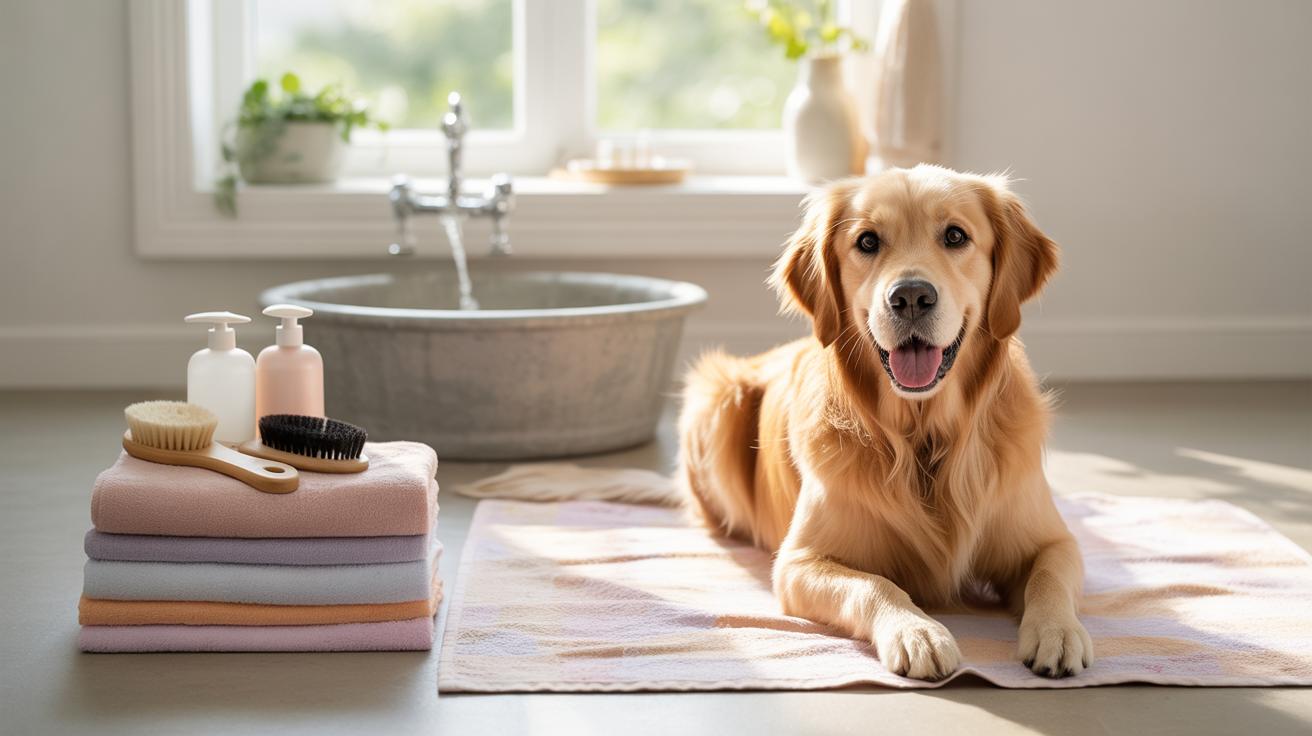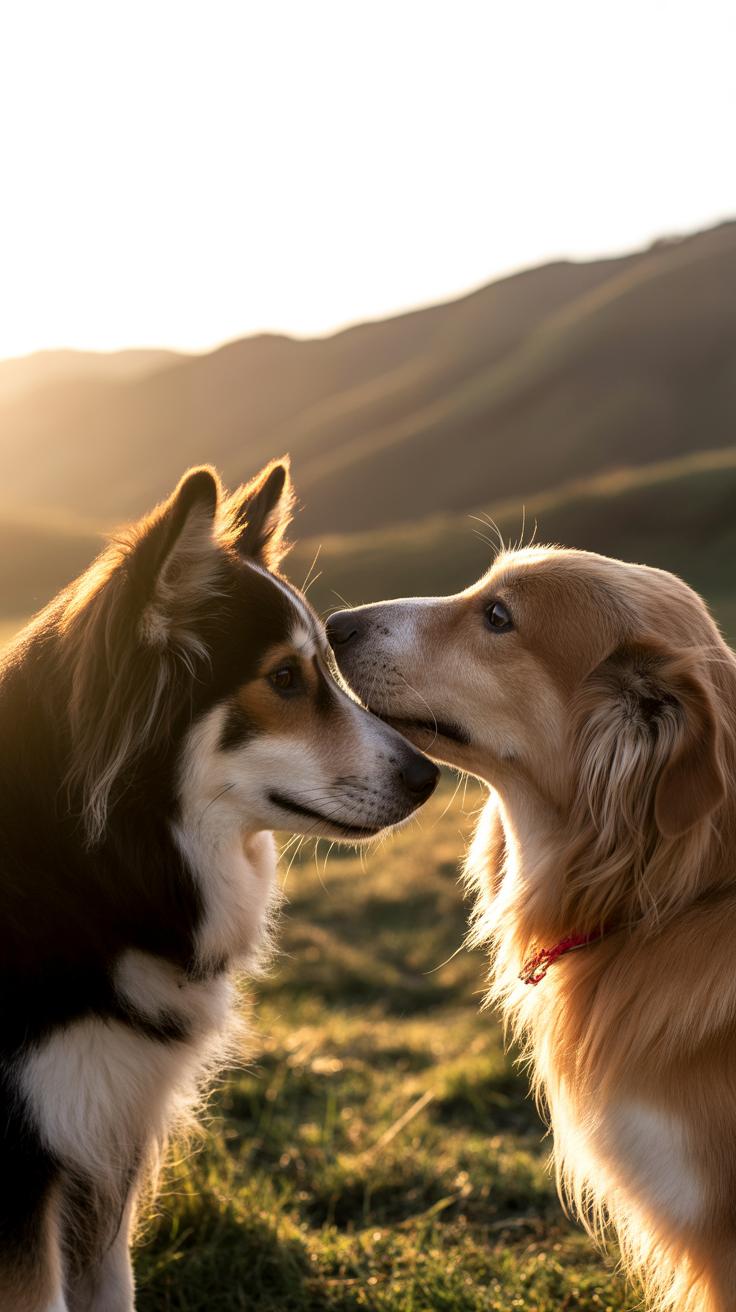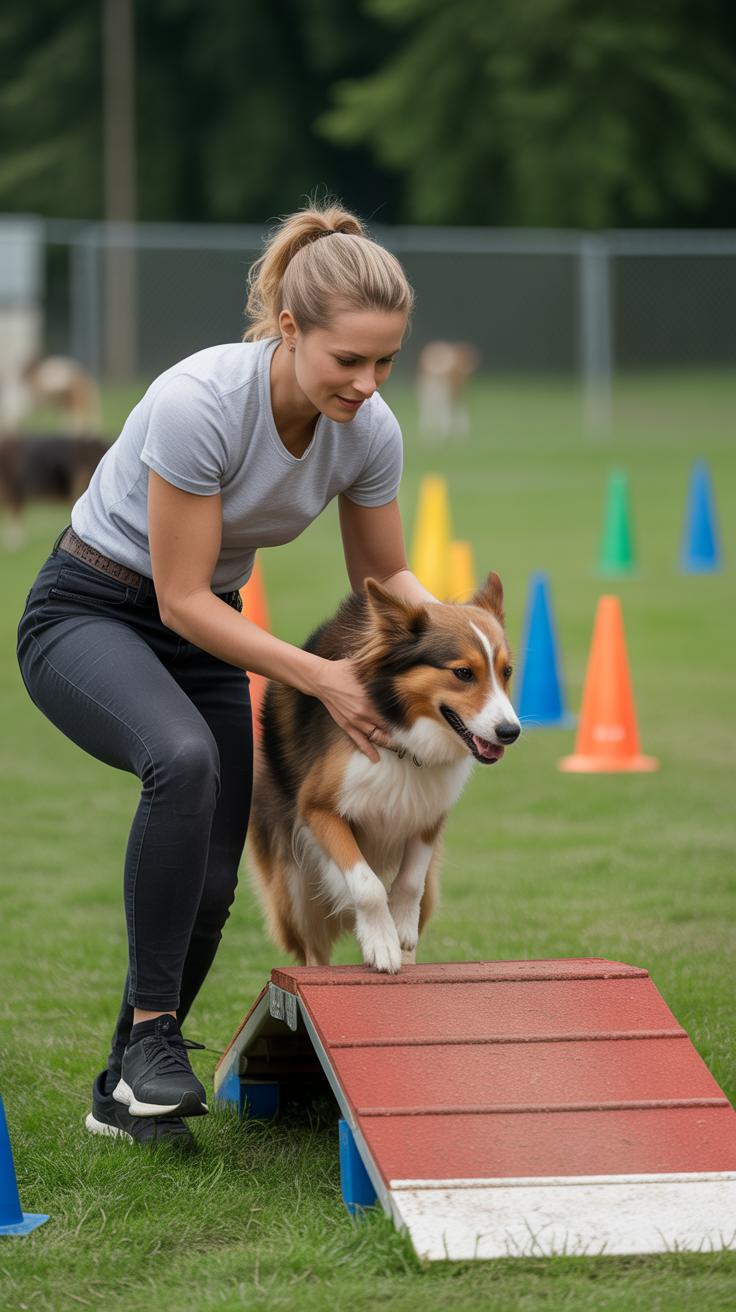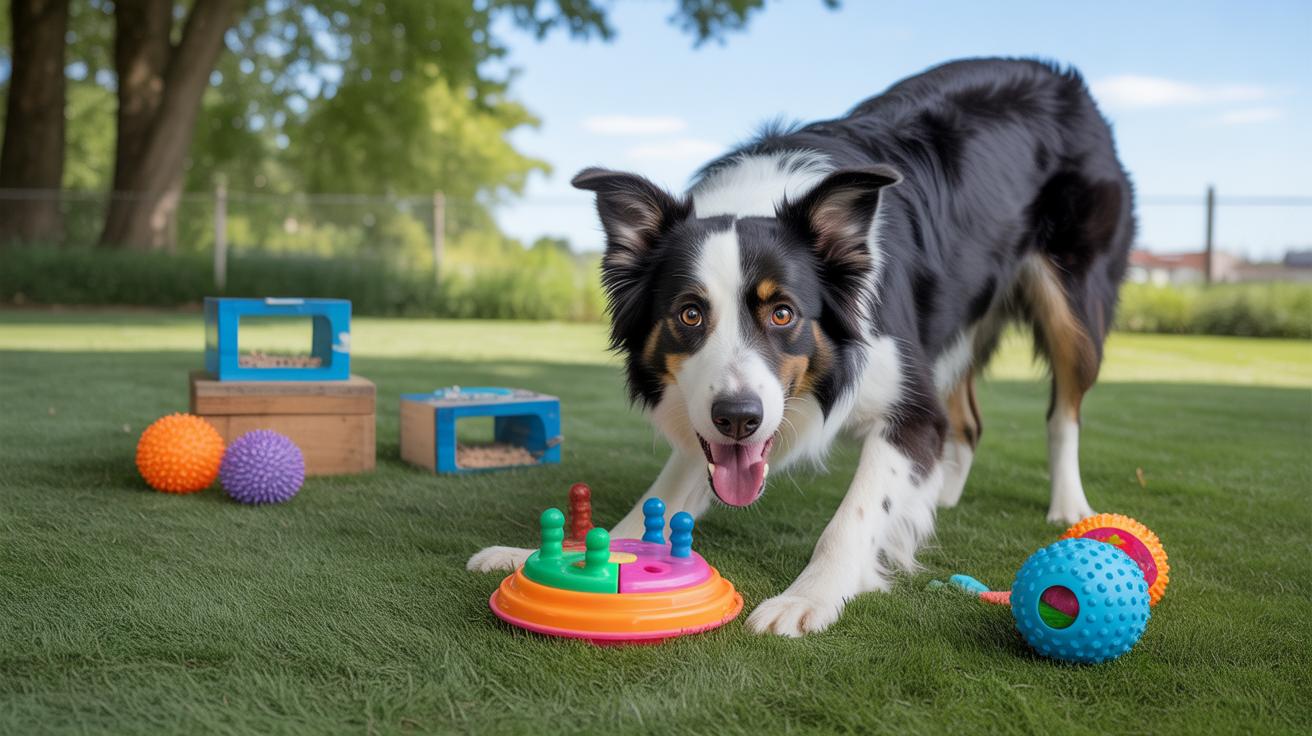Introduction
Being a dog mom means more than just owning a pet. It is about sharing a life, learning, and growing alongside your furry friend. Every dog mom experiences unique lessons that shape her character and enrich her daily life. These lessons come from the responsibilities, joys, and challenges of caring for a dog.
This article explores the life lessons only a dog mom understands. From patience and empathy to joy in small moments and responsibility, these insights connect many dog moms across the world. If you are or want to be a dog mom, you will find practical ideas and emotional truths that resonate with your journey.
Understanding The True Meaning Of Patience
Being a dog mom quickly shows you that patience isn’t just a nice-to-have—it’s essential. Every day brings moments where you realize how much patience you truly have or don’t have, and then somehow, you find more. Watching your dog learn, stumble, or test limits forces you to slow down and adjust your expectations. It’s a kind of patience that’s quieter and stretches longer than you expect. Maybe you thought you were patient before, but dogs have a funny way of pulling that trait out of you in new ways.
Daily routines require it constantly—whether it’s waiting for your pup to focus during training or calmly cleaning up unexpected messes with no judgment toward yourself or the dog. Patience here is less about silence and more about persistence and gentle understanding, even when progress feels slow or invisible.
Daily Challenges That Test Your Patience
Training sessions, for example, can feel like endless loops of “sit,” “stay,” and “come.” When your dog ignores the commands or gets distracted by a passing bird, it’s easy to grow frustrated. But the real test lies in keeping calm and trying again without impatience creeping in. And then there are accidents—wet spots on the carpet or chewed shoes—that push patience further. Instead of snapping or feeling defeated, you learn to pause, breathe, and approach the situation calmly.
Here are some of the daily patience tests that many dog moms face:
- Teaching basic commands that need repetition and consistency.
- Handling the chaos of a puppy’s energy and curiosity.
- Dealing with unexpected messes that disrupt your plans.
- Waiting through vet visits or grooming sessions that cause anxiety.
- Adjusting your routine when your dog feels unwell or scared.
Every one of these moments offers a chance to practice patience. And sometimes, you’ll catch yourself wishing you had more right then—only to realize you’re growing it slowly but surely.
How Patience Helps Build A Stronger Bond
Patience doesn’t just keep you sane—it shapes how your dog trusts and relates to you. When you pause instead of pushing, your dog senses your calm and safety. That feeling helps deepen the connection between you two. It’s like you’re telling your dog, “I’m here, and I understand.”
Over time, the patience you show becomes a silent promise. It speaks louder than commands or treats. Because patience allows your dog to be themselves, to explore, learn, and sometimes regress without fear of losing your affection or respect.
So, while patience sometimes feels like a slow, exhausting effort, it’s also what makes your relationship stronger and more meaningful. Without it, frustrations might build walls. With it, you build trust—step by imperfect step.
Learning Empathy Through Your Dogs Needs
Caring for a dog isn’t just about feeding or walking them. It means truly tuning in to what your dog feels, which often isn’t simple. You start noticing small signs—like a quick glance, a shift in posture, or a soft whine—and gradually you learn to connect those signs with emotions. It pulls you into understanding feelings without words, something that’s surprisingly difficult for humans sometimes.
Reading a dog’s behavior is a skill that develops over time. You might watch your dog’s tail wag, or the way their ears tilt back, and realize those aren’t just random movements. They’re clues. For example:
- A relaxed body and gentle eye contact usually signals comfort or happiness.
- A tucked tail, avoiding eye contact, or panting in calmer moments often points to stress or unease.
- Repeated scratching, lip licking, or yawning while alert may hint at discomfort or anxiety even if everything seems fine outwardly.
At first, you might misread these signs. Sometimes I did, thinking my dog was upset when really, she just needed a break. But each mistake builds a better, deeper understanding.
The empathy you gain with your dog often spills over into how you relate to people. Suddenly, you’re more patient when someone can’t explain their feelings clearly. You listen more carefully, wait for the cues beyond words. You might even find yourself checking in on friends’ moods, picking up on subtle shifts you might have ignored before. It’s like dogs teach you to be present for feelings, not just facts.
Finding Joy In Simple Moments
Being a dog mom shifts your attention to the small things you might have overlooked before. You start noticing how your dog’s tail wags just a little faster when you walk in the door, or the way they nudge you gently for a quick scratch behind the ears. These simple moments become surprisingly meaningful, moments that, at times, feel like the highlight of your day.
Small victories like finally getting your dog to sit on command or watching them happily chase a ball across the yard signal progress. Even something as basic as a peaceful cuddle on the couch can feel like a big win after a long day. These tiny celebrations remind you that success isn’t always about grand gestures—it’s often quiet and subtle.
Focusing on these small joys does more than lift your mood for a moment. It rewires your perspective. Instead of chasing complicated achievements, you learn to appreciate steady, small bursts of happiness. And oddly enough, that can make life feel calmer and a little richer, even when everything else seems uncertain. Do you find yourself smiling more, just because your dog is content? Maybe that’s the point.
Building Routines For Better Care
Creating Feeding And Exercise Schedules
Establishing regular feeding and exercise times is more than just a convenience; it shapes a dog’s well-being. When dogs eat and move on a consistent schedule, their digestion settles, energy levels stabilize, and behavior often improves. You might notice fewer accidents or less restlessness around usual mealtimes.
For you as a dog mom, this predictability helps you anticipate needs rather than react to surprises. Maybe your dog perks up at the same hour every morning, eager for breakfast—and you can plan your mornings around that. Walking at similar times each day gives structure not only to your dog’s day but to yours as well. And honestly, it’s easier to commit to a 30-minute walk when you know it fits neatly between your other tasks.
How Routines Help Dog Moms Manage Time
Routines do more than benefit your pup—they help you juggle your own busy life. When dog care fits into fixed time slots, you reduce last-minute scrambling and stressful multitasking. You know exactly when to fill the bowl or grab the leash. This clarity can prevent the sneaky creep of chaos that often comes with sudden pet needs.
It might seem like routines limit flexibility, yet in a way, they create freedom. You gain pockets of time to plan meals, run errands, or even relax, knowing your dog’s needs are met regularly. Do you sometimes find yourself wondering how you ever managed before setting a daily routine? Many dog moms notice a subtle shift in their daily rhythm once these habits take root—a rhythm that includes both care and calm.
Managing Stress Through Your Dogs Presence
How Dogs Calm Their Owners
There’s something about a dog’s presence that makes tension ease, even if just a little. When stress piles up, simply sitting beside your dog or feeling the steady rhythm of their breathing can bring a kind of quiet. It’s not always dramatic—more like a subtle shift, a softening. Dogs don’t ask you to explain your worries. They just offer company without judgment. Their need for care and attention often pulls your focus away from your own anxieties, grounding you in the moment.
Many dog moms find that stroking a furry head or watching a dog’s playful antics interrupts the spiral of stressful thoughts. At times, I’ve noticed that the act of speaking to my dog, whether about my day or just random things, helps me process feelings I wasn’t ready to face before. But it’s not magic or a cure-all; it’s a simple, steady comfort that can calm a racing mind.
Using Your Bond To Handle Tough Days
That connection you build with your dog isn’t just about routines; it’s emotional armor. On days that drag you down, the look in your dog’s eyes or a gentle nudge can remind you that you’re not alone. This bond offers a unique kind of support, one that doesn’t require words or fixes. It’s more about presence—being there together through the hard parts.
For many dog moms, leaning on this relationship means better emotional management. The dog’s instinct to sense your mood can sometimes feel almost like a built-in emotional check. When they come close during stressful moments, it can prompt you to breathe deeper, slow down. This connection helps you develop patience—not just with your dog—but with yourself. That kind of patience is rare and, honestly, often surprising.
Do you ever find that your dog seems to know exactly when you need them most? That intuition can teach you something about tuning into emotions, the kind of awareness that’s useful not just at home but in life’s messier moments too. It’s messy, though, trying to stay calm when everything feels overwhelming. Your dog doesn’t fix it, but they do make it easier to face.
Accepting Responsibility Fully
Being a dog mom means showing up every single day, even when you don’t feel like it. There’s no skipping feeding time because you’re tired or delaying a vet visit just because it’s inconvenient. Your dog depends on you for everything—food, exercise, comfort, and health decisions. This constant, consistent care demands responsibility on a level that few other commitments do.
You quickly learn that each small choice—what you put in their bowl, the length of their walk, scheduling vaccinations—directly impacts your dog’s well-being. If you slack off on exercise just once, you might notice restlessness or even weight gain. Miss a vet checkup, and minor health issues can escalate before you realize. These actions aren’t abstract; they hold real consequences.
Over time, this responsibility shifts something inside you. It asks you to be disciplined and to think through your choices carefully, often putting another’s needs before your own. You start to see how your daily habits influence not just your dog’s life, but shape your character, too. You might wonder, does this kind of responsibility make you more patient or more mindful—or just more aware of how much care really means?
Experiencing Unconditional Love
How the Love from a Dog Teaches a Dog Mom About Trust and Acceptance
When you become a dog mom, something shifts, quietly but deeply. Dogs don’t hold grudges or keep score; their love doesn’t come with conditions or fine print. This kind of affection teaches you to let go of skepticism and embrace trust in its simplest form. You start to see that acceptance isn’t about perfection—it’s about showing up, day after day, no matter what. Sometimes, I catch myself wondering if I’m deserving of such steady love, yet my dog’s eager greeting every time I walk through the door says otherwise. It’s a daily lesson: love can be patient, consistent, and forgiving, even when people aren’t.
Signs Your Dog Loves You
Dogs have their own ways of showing affection, some subtle, others not so much. Keep an eye out for these signs that say, “I’m connected to you.”
- Tail wagging that’s more than just a reflex—it can be a slow, gentle wag signaling contentment or excitement when they see you.
- Leaning on you or resting their head on your lap, seeking closeness without words.
- Following you from room to room, a silent but clear statement of attachment.
- Bringing you “gifts,” like a favorite toy or an unexpected stick, as a way of sharing their world with you.
- Soft, relaxed eyes—dogs look at you differently when they trust you.
These gestures add up to a kind of love that doesn’t ask for much, just your presence and attention.
How This Love Impacts Your Life
Receiving this unconditional love shifts your perspective about yourself and your place in the world. It can boost your self-esteem—not because a dog thinks you’re perfect, but because they think you’re *enough.* You learn that being cared for doesn’t require constant achievement or approval. There’s comfort in that; it quietly chips away at self-doubt. Some days, when everything feels off, your dog’s simple faith in you feels like a small anchor. The happiness that blooms from that trust is humble but persistent. It’s like you’ve found a companion who’s content simply because you exist. Does that change how you view other relationships? Maybe. Or maybe it just softens the edges of loneliness, one wagging tail at a time.
Growing Through Challenges Together
Common Challenges Dog Moms Face
Being a dog mom isn’t always sunshine and wagging tails. You might find yourself juggling issues like sudden health scares — for example, a pup developing allergies or facing an injury. Then there are behavioral puzzles: chewing furniture, unexpected barking fits, or stubborn leash pulling can test your patience. Sometimes, it’s the everyday demands that weigh heavy, such as early morning potty breaks or navigating socialization after a traumatic experience. You learn quickly that these challenges don’t just go away on their own, and ignoring them rarely helps.
Turning Challenges Into Growth
Facing those challenges with your dog creates a kind of resilience you didn’t expect. There’s this slow process of adapting, trying new approaches, sometimes failing, but always showing up again. You start to notice your patience stretching, your creativity sparking, and your empathy deepening. It might be a late-night emergency vet visit that tests your resolve or the tiny victories like finally calming a fearful dog in a busy park. These moments bring you closer, building trust in ways easy days never could. And honestly, you begin to see yourself differently—more capable, more grounded. Do all challenges make you stronger? Maybe not always. But even when things go sideways, you’re learning, growing alongside your dog in a way that’s uniquely yours.
Creating A Lifelong Friendship
How Trust Builds Over Time
Trust between you and your dog isn’t something that happens overnight. It grows slowly, through small daily moments that, at first, might seem insignificant. That feeling when your dog looks at you with those quiet eyes—there’s something there, a kind of understanding that’s been earned, not given freely. As a dog mom, you learn to read these subtle signs: how your dog reacts when you come home, the way they lean into you for comfort, or the instant they wag their tail at your voice.
Trust deepens when you’re consistent—feeding, walking, playing, comforting. But sometimes it shakes too, like if your dog has a bad day or you mess up. Yet, even in those shaky moments, the bond can grow stronger. It’s imperfect, the way trust builds, and that’s okay. It’s not about being flawless. It’s about showing up, again and again, which creates a unique loyalty that only you and your dog really share.
Cherishing Your Friendship Every Day
You don’t have to make grand gestures to nurture your friendship with your dog. Sometimes, it’s in the small, everyday things—like those leisurely strolls where your dog stops to sniff everything or quiet moments on the couch that slow you down. Those times remind you why you chose to be a dog mom in the first place.
Try mixing up your routines to keep things fresh. Maybe explore new parks together or learn a new trick. These little adventures build memories and keep your connection alive. And don’t forget to simply enjoy their company, without distractions. Let your dog see that you value their presence just as they do yours. That’s what makes this friendship last a lifetime, through all of its ups and downs.
Conclusions
Being a dog mom teaches you many things that go beyond typical pet care. It encourages patience, deepens empathy, and gives new meaning to responsibility. Life with a dog makes you appreciate simple joys, understand unconditional love, and value loyal companionship. These lessons reflect in how you live and care for others around you.
By embracing these life lessons, you not only become a better dog mom but also a better person. Your dog helps you learn important values every day. Whether you are starting your journey or have been a dog mom for years, these insights bring growth and happiness into your life.

